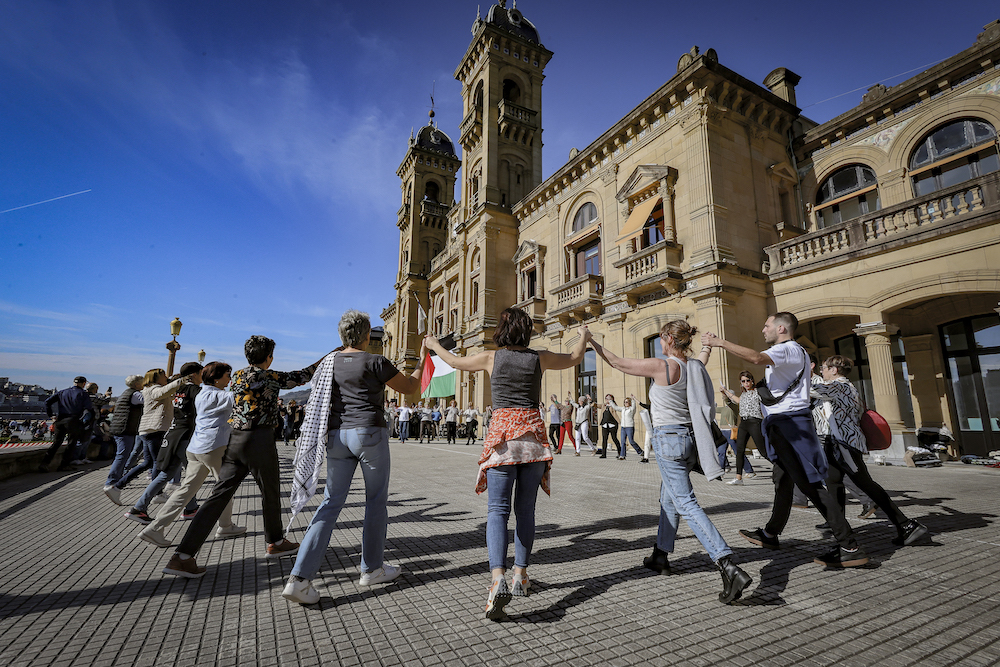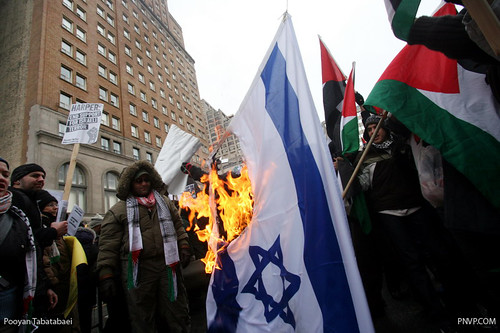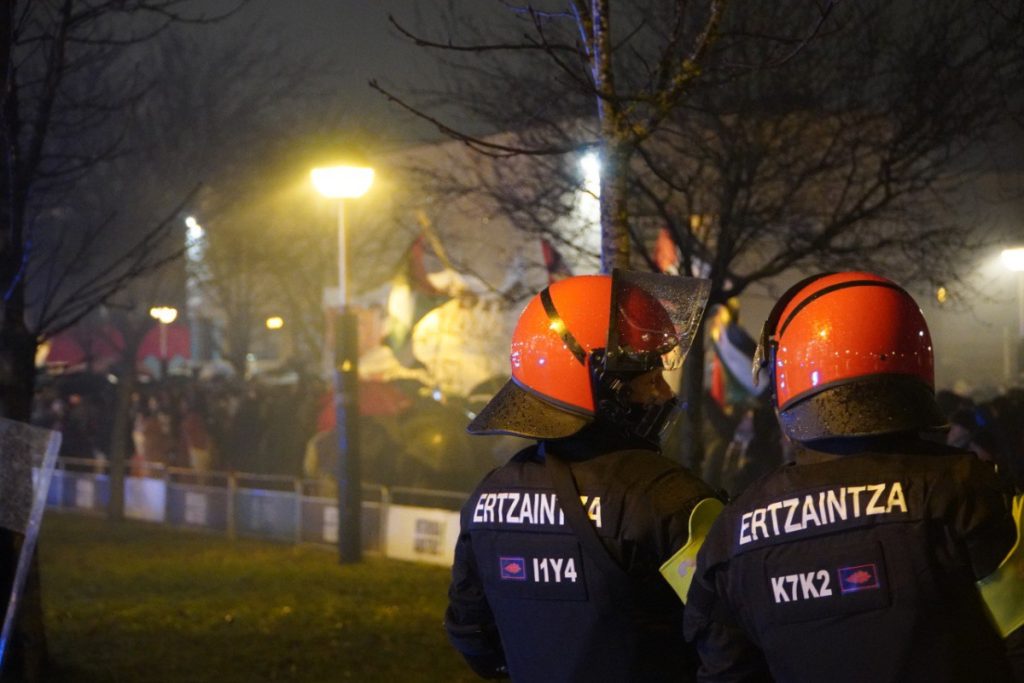The International Court of Justice concludes that Palestinian colonization is contrary to international law
- The ICJ believes that Israel ' s presence in the occupied Palestinian territories is “annexed to the land” and that the end must be “as soon as possible”. The decision is not binding.

Last Friday, the International Court of Justice (ICJ) ruled that the Israeli colonies in the West Bank and East Jerusalem are contrary to international law and subject to the regime. The President of the Hague Tribunal, Nawaf Salam, said that "we must end as soon as possible", but the decision is not binding and Israel has turned a deaf ear to many international resolutions that have been taken.
Since the investigation began in 2022, judges have analysed numerous Israeli policies, including the construction and expansion of colonies in the West Bank and East Jerusalem, the use of natural resources in the area, the permanent annexation and control of territories or the promotion of discriminatory policies against Palestinians. All of them are contrary to international law, according to the same sources.
The NJA says that Israel has no authority over those territories, that it is forcibly appropriating land and denying Palestine’s right to self-determination. The Court of Appeal has warned that the Israeli occupation has driven the Palestinians out of their land. He added that the Zionist State has to give "full reparation" to the Palestinians who have been expelled since 1967 and are now released.
The Zionist Prime Minister, Benjamin Netanyahu, has stated that it is a "lie filled" decision that distorts the truth and that "the Jews are not occupants in their lands". The UN General Assembly already called for the opinion of the CJEU in 2022, and the resolution has now arrived.
Not helping the occupation
Although not binding, the court notes that the other countries are obliged not to provide assistance to Israel in maintaining its occupation. Israel has ordered the immediate suspension of the construction of new colonies, as well as the immediate withdrawal of those built so far. The NJA has denounced that they are “excesses of their status as occupying force”. Some 700,000 settlers currently live in the occupied territories. Israel has built about 160 colonies over half a century, and the rate of colonization has increased considerably in recent years.
Israel occupied the West Bank, the Gaza Strip and East Jerusalem during the 1967 war. Since then, it has built colonies and vastly increased occupation, and has military control throughout the area. In 2005, the Gaza colonies were evicted, but in the other two areas the presence of settlers is very high. The UN and most countries in the world regard these territories as occupied soil.
The Palestinian Foreign Minister has said that the ICJ decision is “a turning point” for “Palestine, justice and international law”. He said that all the countries of the world should comply with what the court dictates, “neither aid, nor sponsorship, nor complicity, nor money, nor arms, nor trade, nor anything.” The Palestinian ambassador to the UN has said that the resolution is an important step towards ending the occupation and restoring the rights of Palestine: the right to self-determination, the right to be a State and the right to return.
Asteburua baino lehen lau gatiburen gorpuak itzuliko ditu Hamasek. Horrela, Gazarako su-etenaren lehen faserako adostutako preso truke guztiak gauzatuko dituzte Israelek eta talde palestinarrak.
Yala Nafarroak deitutako manifestazioan 2.000 pertsona inguruk hartu dute parte eta Iruñeko hainbat kale zeharkatu ditu Gaztelu plazan amaitzeko. Azken irakurketan adierazi dutenez, "erokeria distopiko hori geldiarazi daiteke, askoz gehiago garelako kapital handiak... [+]
Jenin hiriaren aurkako oldarraldia duela hilabete bat baino gehiago abiatu zuen Israelek, geroztik 26 palestinar hil ditu gutxienez, eta milaka beren etxeetatik kanporatu. Israelgo armada Zisjordania iparraldean pasabideak eraiki nahian ari dela salatu dute, kanporatutako... [+]




















